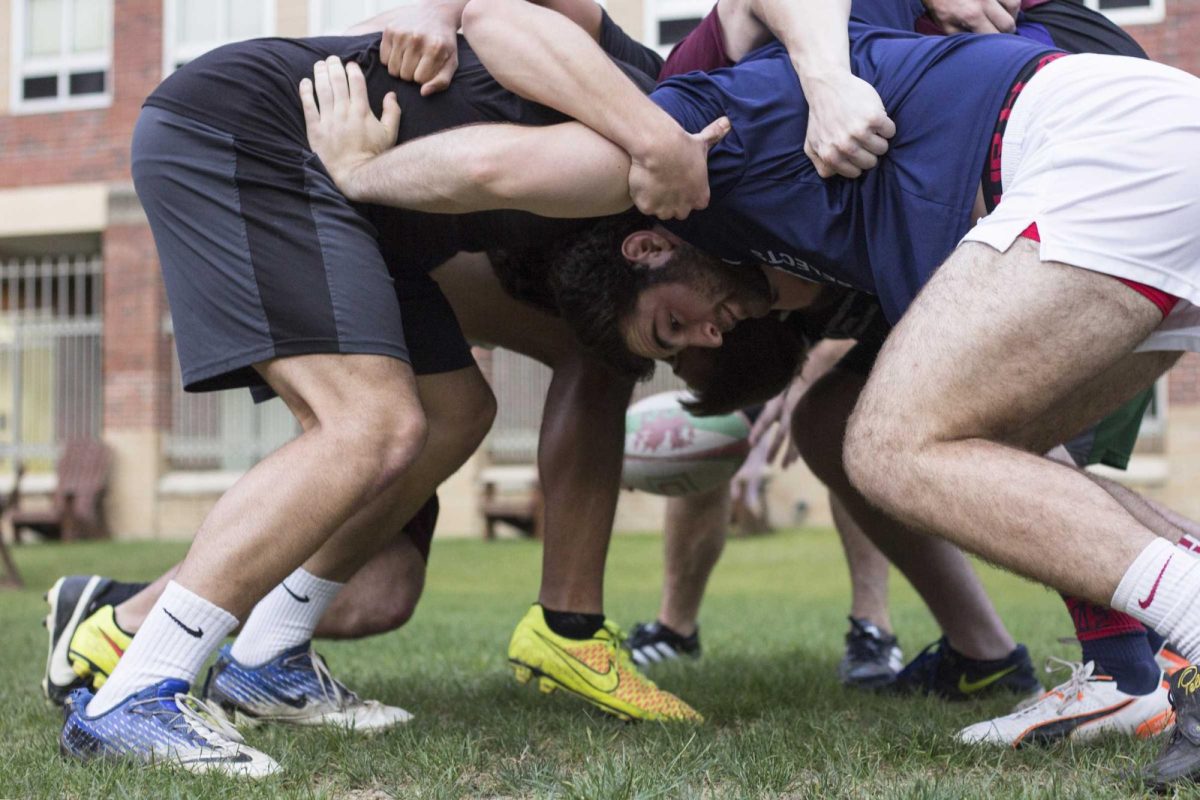“If you shoot someone on the street, drag them into your house and call the police,” states the widespread satirical advice in states such as Louisiana, Florida and the 22 others with Castle Doctrine’s modern self-defense laws. These assure homeowners’ permission to defend themselves and their properties by necessary force. Furthermore, by the derivative sweeping self-defense or “stand your ground” laws, this right extends to any public space. So why are we surprised and appalled when the law prevents a murder conviction?
According to the majority of media conversations, the much talked-about George Zimmerman trial seems to have been about whether he killed Trayvon Martin. It is not. Rather, it was a trial, a decision as to whether Zimmerman broke the law – and under Florida’s “stand your ground” law, there was no conclusive reason to convict him of the provided charges. So, for a moment, forget this individual circumstance, or popular politics that surround it. The truth is that Zimmerman was not the first to act on Castle Doctrine laws, their mentality, nor will he be the last benefit by their protection.
These laws are a threat not only because they can justify unjust crimes but also because they can inspire them. This was precisely the case two years ago in Shreveport, La., when Donald Aaron saw a strange car in his driveway and followed it down the street before shooting the driver on the side of the road. Aaron claimed self-defense. He had rightfully followed the stranger under the belief he was a robber – defense of property – and, provoked by violent speech and a reach for what turned out to be a bottle on the car floor, rightfully shot the man in self-defense. In this instance, the laws did not fully protect Aaron because he was convicted of manslaughter and negligent homicide. The problem is that it seems to have been the law and his perceived right to protect home and property that provoked the inevitably violent pursuit.
In a recent news case, a shooting in the Marigny placed a 14-year-old boy in critical condition after a shot to the head. A resident shot a criminal intruder. He is, therefore, within the grounds of Louisiana’s “rightful defense of self and property” laws. He is being tried for attempted second degree murder, similar to Zimmerman, but his case is as of now relatively unknown. It is possible, likely and legally justified that he be declared not guilty of the legal charge.
Not guilty and innocent are not the same. It is not the jury, verdicts or even individuals that are cause for concern, but rather the initial charges and laws. Aaron was convicted of negligent action but was acting under his perceived rights. Zimmerman was acquitted because, though charges regarding negligence – as in the Aaron case – may have allowed a different outcome, by Florida law there was no evidence of murder.
Yes, all three aforementioned victims were black, their shooters otherwise, and racism does play a part, but this is more than racism. To truly reduce these violent situations, the individual trial cannot be the predominant interest. Each case is only an example, a diversion, of the larger problem. The solution has to be in the recognition of legitimate crimes and the laws that permit or further their occurrence.
Emily Crochet can be reached at [email protected]
In My Opinion is a regular column open to all Loyola students. Those interested can contact [email protected]












